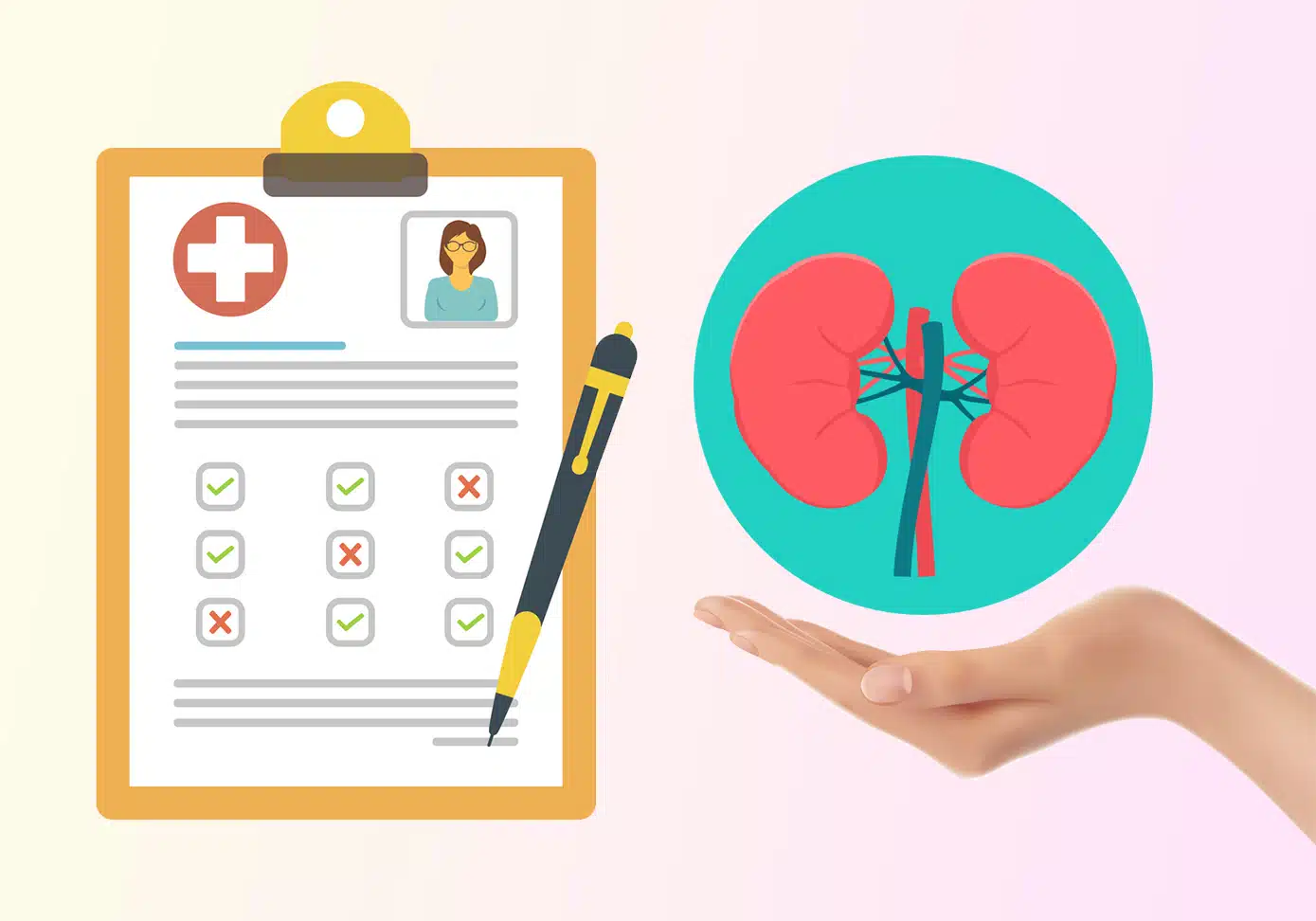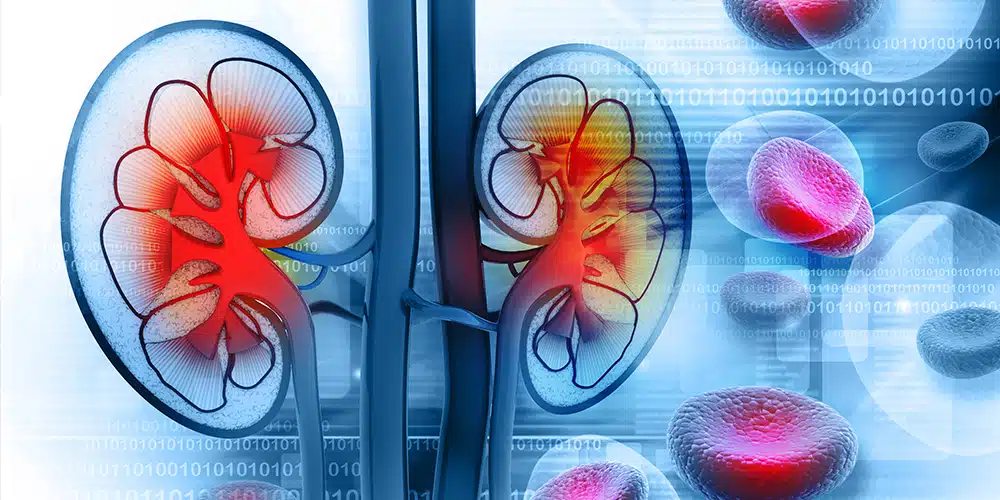Medical History
Before a kidney transplant, the transplant team carefully reviews your medical and surgical history. You should expect to be asked about your previous illnesses, surgeries, and medications. The transplant team may also ask you about your family’s medical history.
Physical Evaluation
Your transplant team needs to make sure you are healthy enough to handle the surgery, and you will not face a risk. They have to know that a kidney transplant procedure is the best choice for you, so they examine you physically and check your major organs.
Psychological Evaluation

Blood Type Testing
Among different races, there are four main blood types: A, B, AB, and O. Each person fits into one of these categories. It is ideal to receive a kidney from your compatible blood type; however, an organ transplant with an incompatible blood type is also possible. This type of transplant is known as ABO-incompatible transplant, which needs additional pre-transplant and post-transplant medical treatment to reduce the risk of rejection.
Testing Human Leukocyte Antigen (HLA)
On the surface of most cells, a molecule plays an important part in the immune response of the body toward foreign substances. They make the person’s tissue type that can be different from the others. A human leukocyte antigen test is done before an organ transplant or using a donor stem cell in order to see if the tissue types of the recipient and donor match.
Crossmatching Test
There is a substance in our body that protects us against anything foreign by attacking them. That is how we survive viruses and germs. The Crossmatching test shows how the recipient’s antibodies react to the donor’s antibodies. If you have antibodies toward the donor kidney, your body tries to destroy or harm the donor organ. Crossmatching test can help understand how your body reacts to foreign organs. If the result of crossmatching is positive, it means that the recipient and the donor are not compatible.
Serology
A blood test should be done to check your heart, kidney, liver, immune system, thyroid, and blood sugar. In addition, special tests are done for certain viruses like hepatitis cytomegalovirus and HIV.
Other Medical Tests
Depending on the specific medical condition of the patient, other tests may be conducted including:
- Chest X-ray
- Echocardiogram
- Electrocardiogram
- Cardiac stress test
- Cancer screening
- Colonoscopy
- Gynecological examination
- Prostate exam
- Dental evaluation
What happens after the evaluation is complete?

Kidney Transplant in Iran
Iran is one of the leading countries for kidney or renal transplants nowadays. Iran legalized the kidney’s living non-related donation (LNRD) in 1988. Kidney donation from living donors is legal and patients do not need to wait for a long period to have the transplant surgery. Furthermore, the affordable cost of kidney transplants in Iran made this country one of the top destinations of this medical procedure for all the patients from around the world If you need further consultation on this topic, feel free to contact our experts in TebMedTourism Co. 24/7.













